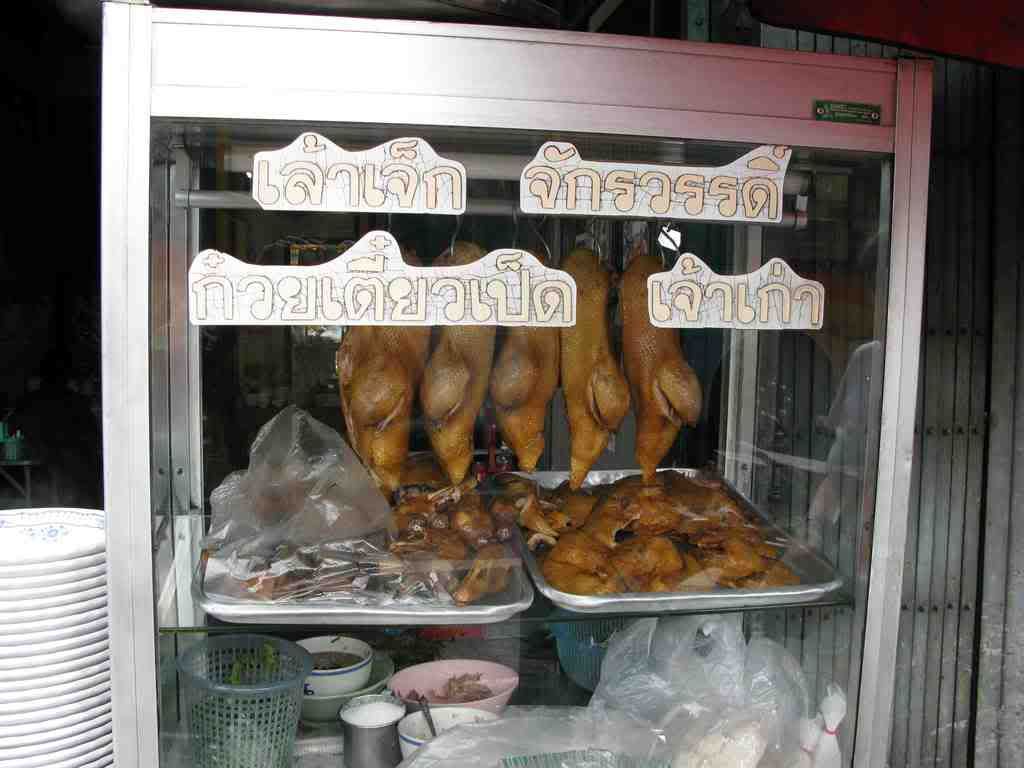Speaking from personal experience, footsore international travelers – even those who don't patronize fast food restaurants at home – celebrate the sighting of a pair of golden arches as jubilantly as Stanley marked his first encounter with Dr. Livingstone.
After weeks of sampling exotic food in Southeast Asia, finding an almost-familiar food outlet is worth memorializing.
Fast food chains based in the industrialized world face special difficulties when they expand into less developed regions. Cultural differences, food supplies, sanitation issues and the availability of safe drinking water all present challenges, which must be surmounted if a multinational company is to maintain a consistent and recognizable standard of product and service.
I once had the chance to experience, first-hand, the impact of cultural practices on Dunkin' Donuts' Bangkok operations. As I reported in 2008, the chain's corporate management reacted promptly and positively when I advised them of my observations relating to the dispensing of coffee cream (please click on the live link for the full story).
I was reminded of these issues on the weekend, after reading in Today's Zaman about the disappearance of 160,000 hamburger patties (roughly 11 tons of meat) that had been destined for Burger King in Turkey, but which were rejected due to contamination with Listeria and Salmonella.
The hamburger patties were produced by TT Gida, and shipped to Fasdat Gida last spring for delivery to Burger King. But Fasdat Gida claimed that the meat was contaminated, cancelled its contract with TT Gida, and sent the 160,000 hamburger patties to Zeybek Solid Waste Center for safe disposal. And that should have been the end of the story.
After learning what Fasdat Gida had done with the meat, TT Gida (the manufacturer) tried to locate it at the Waste Center. The 160,000 patties were, however, nowhere to be found. When contacted by the Agriculture Ministry, Zeybek claimed to have shipped the hamburgers to a Kangal dog farm in Bursa. The farm's manager reported that all of the meat was fed to his 55 dogs during the two month period between May 5 and July 7.
The Agriculture Ministry did the math and decided that it was highly unlikely for 55 dogs to have consumed what amounted to more than 3,300 pounds of meat each per day for two months.
So where was the missing beef? The Turkish government has concluded that it probably was sold – through discounters – for human consumption. The incident is now under investigation by a public prosecutor. And Fasdat Gida, the intermediate company that was responsible for supplying hamburger patties to Burger King is under suspicion; one of its warehouses was operating without a license.
The next time you get excited about a familiar pair of golden arches (or any other familiar fast food logo) in a strange city, remember that the logo might be "western" but the food is surely local.
If you would like to receive automatic email alerts for all new articles posted on eFoodAlert, please click here or submit your request using the sidebar link. Please include "subscribe eFoodAlert" in the subject line.










No comments:
Post a Comment
Note: Only a member of this blog may post a comment.